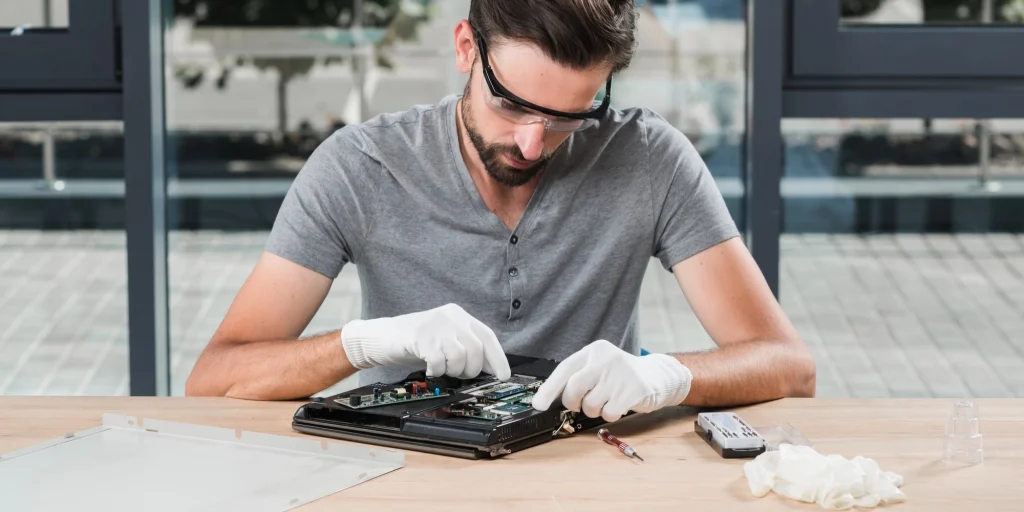
Smartphones are incredibly versatile devices that combine multiple technologies into a single, compact unit. At their core, they function as powerful mini-computers, integrating hardware and software to perform a wide range of tasks efficiently. Equipped with high-speed processors, advanced operating systems, and AI-driven capabilities, modern smartphones handle everything from communication and entertainment to productivity and security.
How Smartphones Function: The Technology Behind Everyday Use
One of their primary functions is connectivity. Smartphones use cellular networks (4G, 5G) and Wi-Fi to enable seamless internet access, while Bluetooth and NFC allow for wireless communication with other devices. They also support GPS technology, which provides precise location tracking for navigation and various location-based services.
The touchscreen interface, combined with intuitive software, makes smartphones easy to use. They run applications for messaging, video calling, social media, and even professional tasks like document editing and coding. AI-powered assistants further enhance usability by understanding voice commands, automating tasks, and providing personalized suggestions.
Modern smartphones also feature advanced biometric security, including fingerprint scanners and facial recognition, ensuring secure access to personal data. Battery technology has also improved, with fast-charging and wireless charging options making them more convenient than ever. With the continuous integration of new technologies, smartphones remain one of the most functional and indispensable tools in everyday life.

